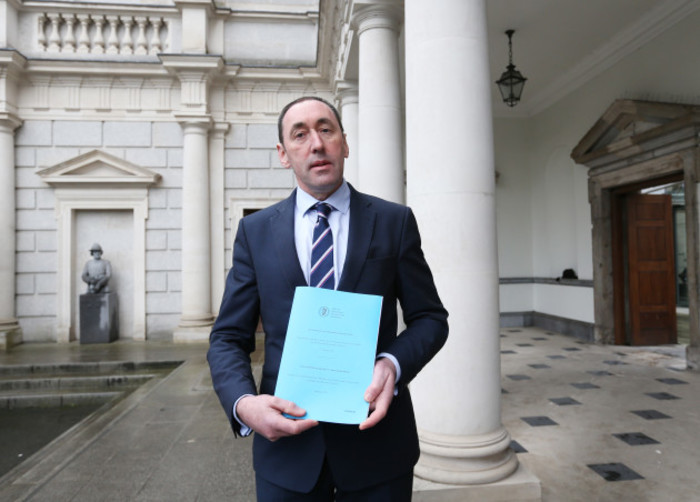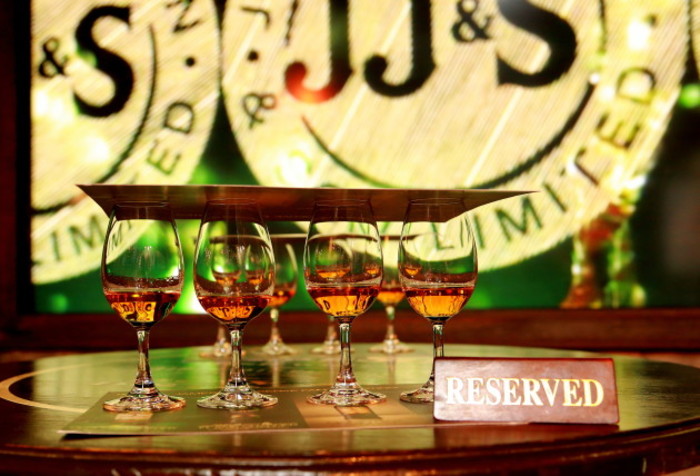Seaweed could shield Ireland's food and drink business from Brexit fallout
Demand in Europe for marine vegetables is growing by up to 10% each year.
IRELAND SHOULD GROW its seaweed sector to help weather the effects of Brexit on the food and drinks industry, a government committee has said.
A report from the joint committee on agriculture, food and the marine singled out seaweed as an underdeveloped commodity that Ireland could use to “help mitigate some of the damage” caused by a hard Brexit.
“Seaweed represents an opportunity for diversification of Irish aquaculture output,” the report said.
“While not sufficient on its own, promotion of seaweed and other opportunities can help diversify Irish agrifood, developing the long-term viability and robustness of the sector.”
The joint committee recommended today that the country should “diversity its economic output” to resist future shocks.
“A focus on the most profitable sectors may prove short-sighted, and leave Ireland exposed in the longer-term,” it said.
According to a 2015 report from the state’s seafood development agency, BIM, demand in Europe for sea vegetables is growing by up to 10% each year.
However, many food firms based in Europe import the material from Asia and the Americas because there is not enough indigenous supply.
As a result, there are other “substantial European markets which Irish seaweed growers can avail of” in addition to tapping the UK market, the agriculture committee said.
 Agriculture committee chair Pat Deering
Agriculture committee chair Pat Deering
Pound drop
Since the June 2016 referendum, it has been widely reported that Ireland’s food and drinks sector is highly vulnerable to any fallout from Brexit since about 40% of our food exports are UK-bound.
Bord Bia estimated that the fall in sterling last year after the Brexit vote cost Irish food and drink exporters €570 million.
It was reported last month that the value of exports to Britain fell by 8% in 2016 to €4.1 billion as a weaker sterling made Irish produce comparably more expensive.
The agriculture committee also noted in today’s report that the mushroom sector is particularly vulnerable to fluctuations in the value of the pound.
The problem is two-fold: the majority of Irish growers export all of their produce to the UK, and many contracts are negotiated in sterling.
Some sectors are expected to perform well after Brexit. The committee said Ireland’s alcohol industry “is in good health despite internationally challenging circumstances”.
It noted that Irish whiskey is the fastest growing spirit in the world, with exports up 8% in 2016, resulting in sales worth €505 million.
 Irish whiskey
Irish whiskey
Exports to the US, continental Europe and Asia drove that growth, according to analysis from Bord Bia.
The committee report said that if the drinks sector here is managed properly, it can “maintain growth in markets beyond the UK in the coming years.
It suggested that the Irish Whiskey Trail should be further developed and that “it may also be of interest to determine if a network of breweries and distilleries may be formed to create a combined trail”.
“It may be beneficial to consider international experience such as best practice in vineyard tours in France, Spain, and Portugal or the nearer Scottish gin trail,” it said.






